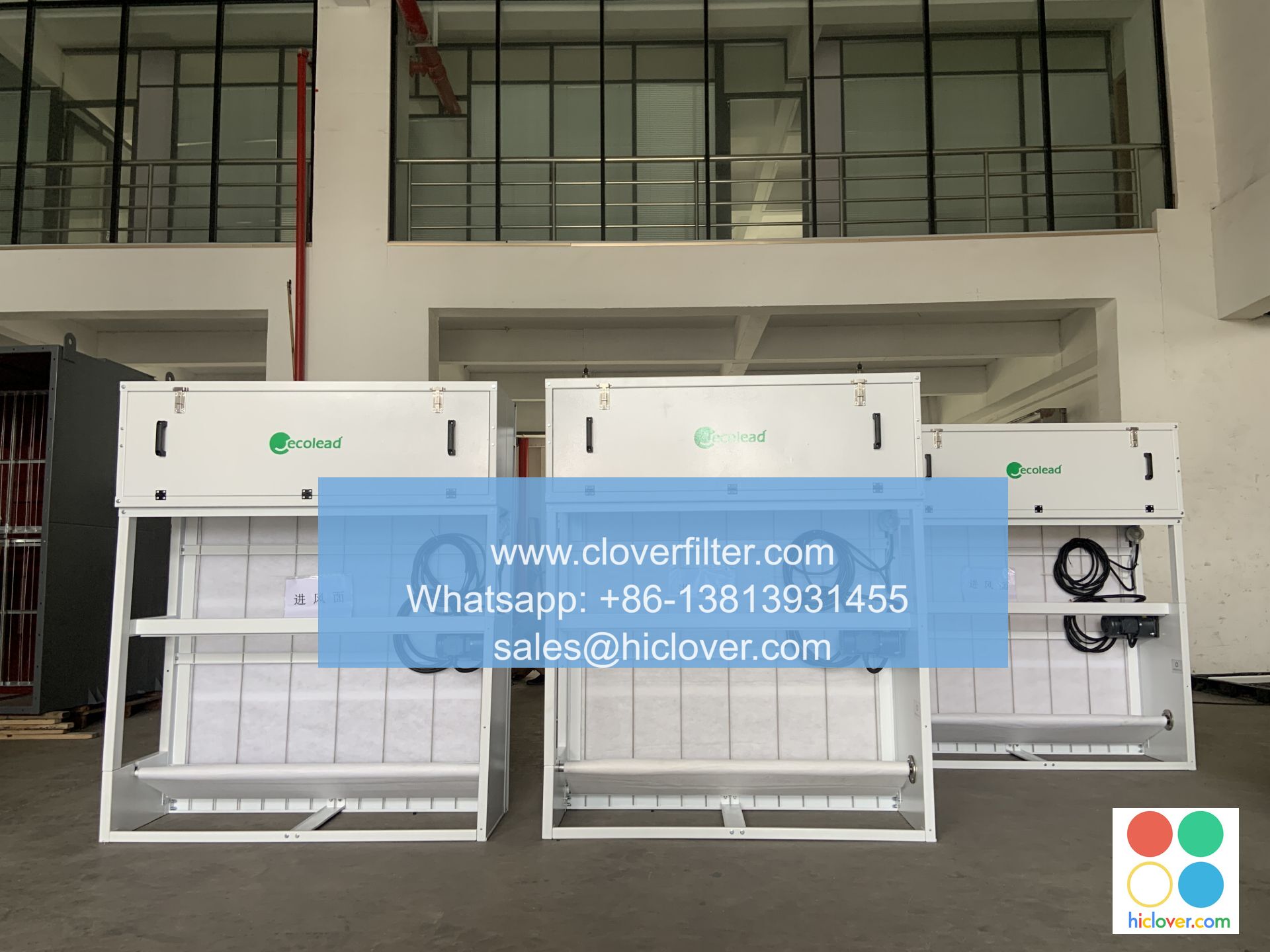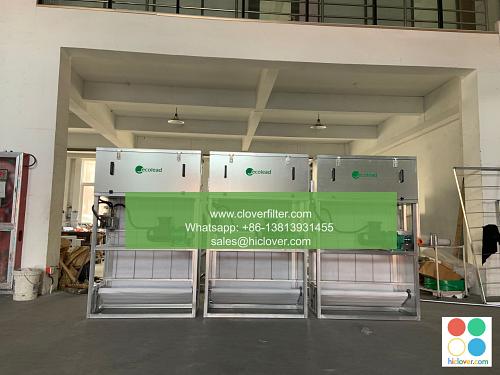Optimizing Air Quality in Puebla Factories for Food-Grade Packaging

Puebla, a major industrial hub in Mexico, is home to numerous factories that manufacture food-grade packaging materials. To ensure the quality and safety of these products, it is essential to maintain optimal air quality within the facilities. In this article, we will discuss the importance of air quality control in Puebla factories and explore various ways to achieve cleanroom-like conditions for food-grade packaging production.
Importance of Air Quality Control
Air quality control is crucial in food-grade packaging factories to prevent contamination and ensure the production of safe and healthy products. Poor air quality can lead to the presence of particulate matter, microorganisms, and volatile organic compounds (VOCs) in the packaging materials, which can compromise the integrity of the products. Moreover, regulatory compliance with standards such as ISO 22000 and FSMA requires manufacturers to maintain a controlled environment to prevent contamination.
Application Areas for Air Quality Optimization
There are several areas in Puebla factories where air quality optimization is essential, including:
* Raw material storage: Proper ventilation and temperature control are necessary to prevent moisture accumulation and mold growth on raw materials.
* Production lines: Air filtration systems and positive pressure environments can help prevent contamination and ensure cleanroom-like conditions.
* Packaging areas: HEPA filters and laminar flow systems can help maintain a sterile environment for packaging operations.
* Quality control laboratories: Air quality monitoring and calibration are essential to ensure accurate testing and analysis of packaging materials.
Solutions for Air Quality Optimization
To achieve optimal air quality in Puebla factories, manufacturers can implement various solutions, including:
* Air filtration systems: Installing HEPA filters and activated carbon filters can help remove particulate matter and VOCs from the air.
* Positive pressure environments: Creating a positive pressure environment can help prevent contamination and maintain a cleanroom-like condition.
* Temperature control: Maintaining a consistent temperature and humidity level can help prevent mold growth and moisture accumulation.
* Air quality monitoring: Regular air quality monitoring and calibration can help ensure compliance with regulatory standards and maintain optimal air quality.
Benefits of Optimized Air Quality
Optimizing air quality in Puebla factories can have numerous benefits, including:
* Improved product quality: By preventing contamination and maintaining a cleanroom-like condition, manufacturers can ensure the production of safe and healthy products.
* Regulatory compliance: Maintaining optimal air quality can help manufacturers comply with regulatory standards such as ISO 22000 and FSMA.
* Increased efficiency: By reducing the risk of contamination and product recalls, manufacturers can improve production efficiency and reduce costs.
* Enhanced reputation: By maintaining a controlled environment and producing high-quality products, manufacturers can enhance their reputation and build trust with customers.
In conclusion, optimizing air quality in Puebla factories is essential for producing high-quality food-grade packaging materials. By implementing solutions such as air filtration systems, positive pressure environments, and temperature control, manufacturers can maintain optimal air quality and ensure compliance with regulatory standards. By prioritizing air quality control, manufacturers can improve product quality, increase efficiency, and enhance their reputation in the industry.

